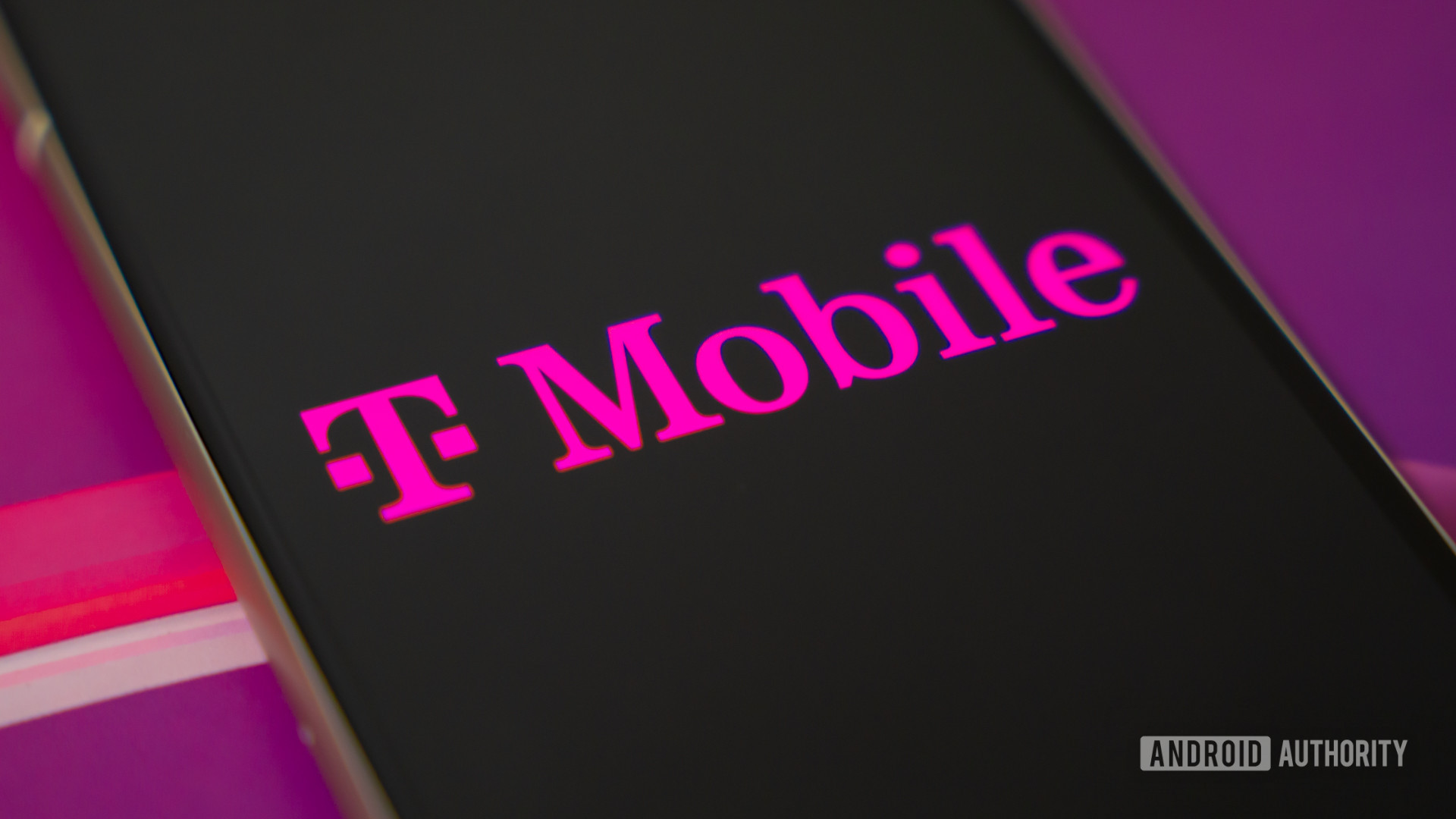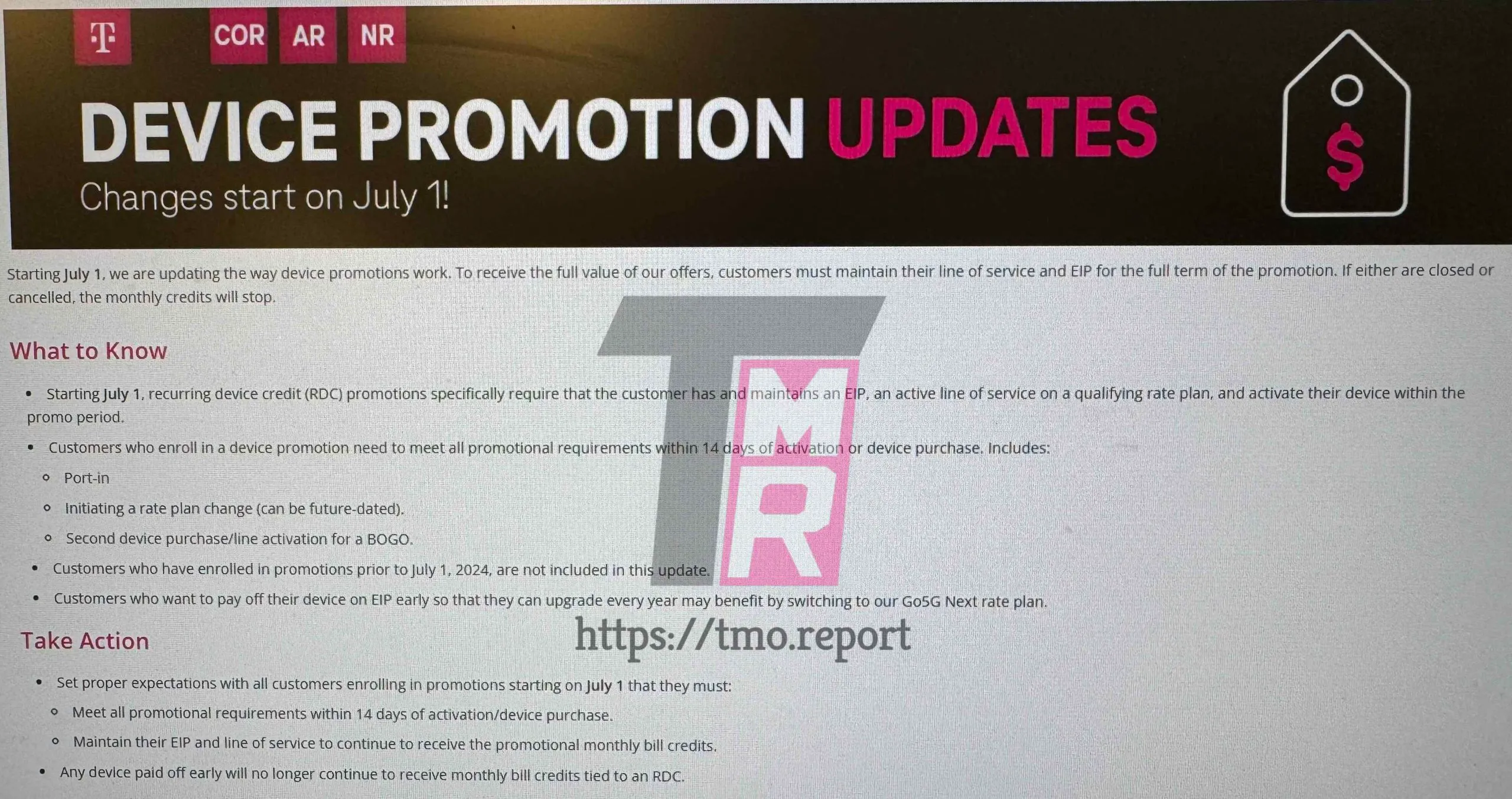
Edgar Cervantes / Android Authority
TL;DR
- T-Mobile is changing its policy to require devices receiving bill credits to stay on an installment plan.
- Starting July 1, customers who pay off their devices early will lose out on the remaining bill credits.
- Devices purchased before July 1 are not affected.
In a move that could disappoint many customers, T-Mobile is set to alter its policy regarding bill credits for device promotions.
Previously, these promotions, offered for trade-ins and new lines, allowed customers to pay off their device installment plans (EIP) early while still receiving the full bill credits over the 24-month period. This meant that customers could free up their credit lines for new devices while continuing to benefit from the promotion. This flexibility is about to change.
According to internal documents obtained by The Mobile Report, T-Mobile will soon link these “Recurring Device Credits” (RDC) directly to the EIP. Customers who choose to pay off their devices early will lose the remaining bill credits, effectively forfeiting the promotion prematurely.
The new policy applies only to devices purchased on or after July 1, so existing customers who bought their devices before this date should not be affected.

The reasons behind this move are questionable. It doesn’t seem logical for T-Mobile to be concerned about when and how customers pay off their devices as long as they continue using the service for the entire 24-month period. One possibility is that the company wants to prevent customers from buying promotional devices, paying them off, and then selling them.
Another factor is T-Mobile’s recent acquisition of Mint Mobile, which required adhering to a more consumer-friendly unlock policy. Combined with the existing bill credit policy, this could have led customers to take advantage of promotions and then quickly switch to another carrier or sell their devices. By tying the credits to the installment plan, T-Mobile may be trying to close this loophole and retain customers for longer periods.
Or this move could simply be an attempt to nudge customers to opt for T-Mobile’s Go5G Next plan, which offers annual device upgrades and is mentioned in the document detailing the policy change.
